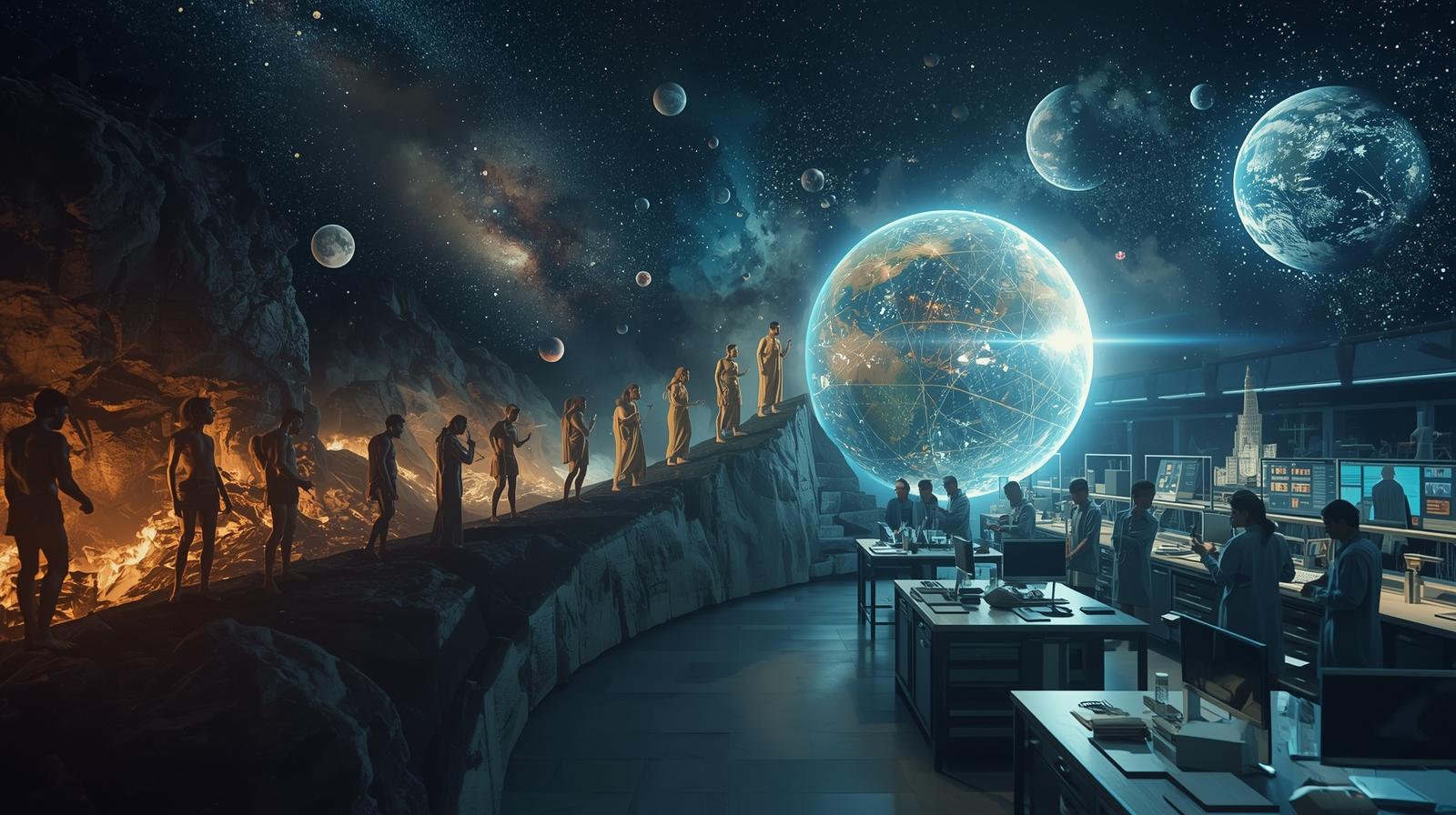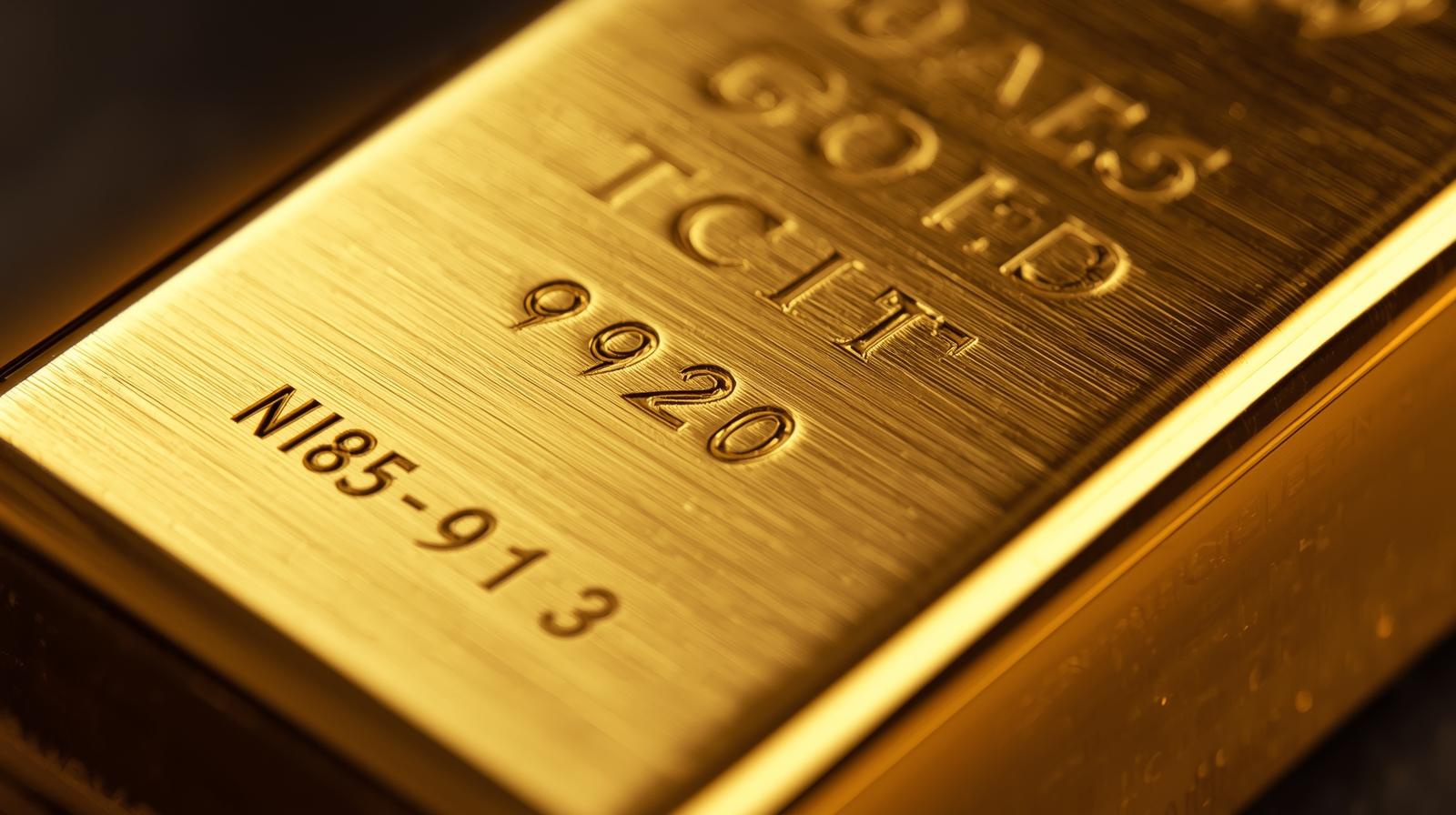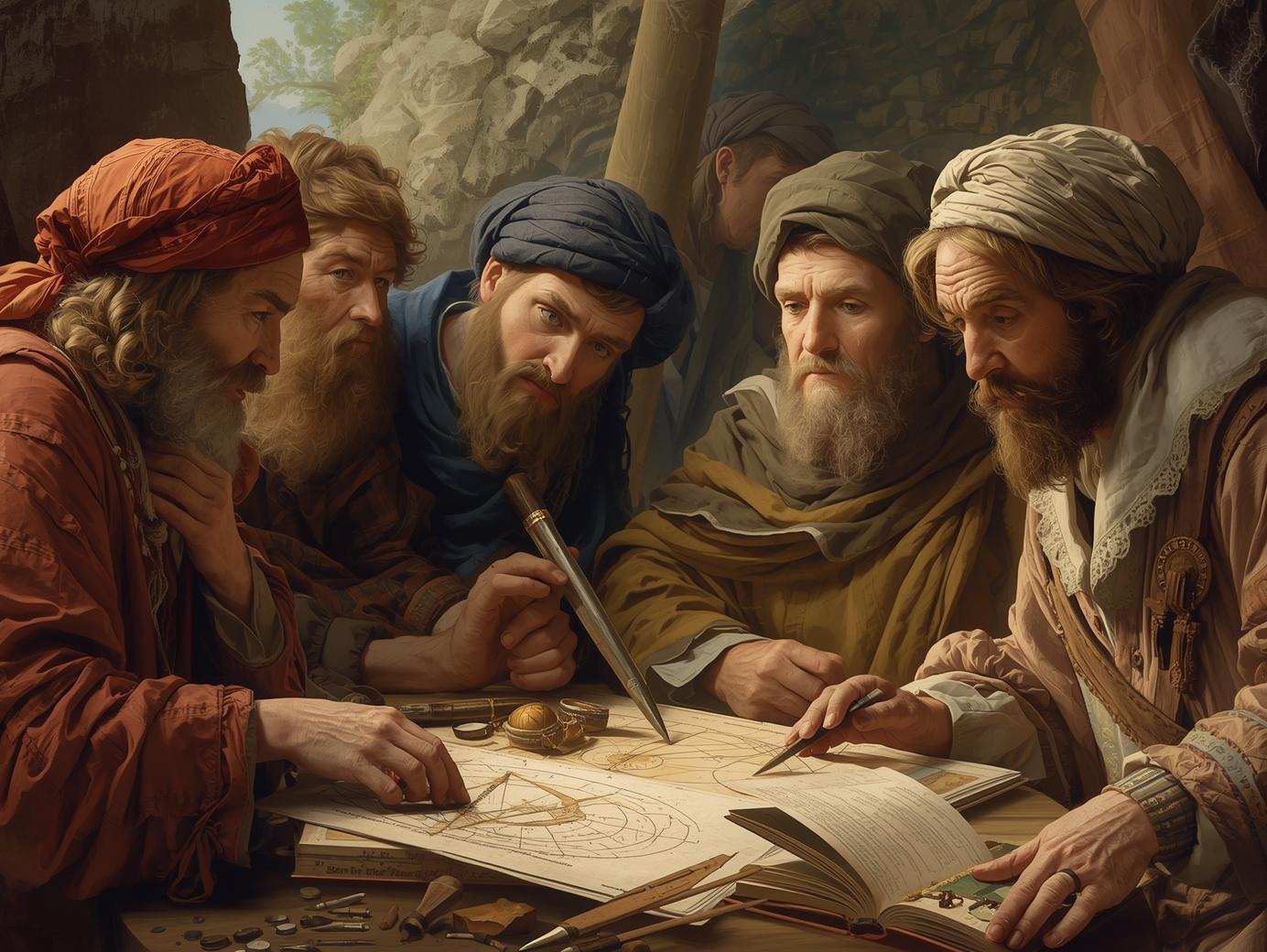Science is one of humanity’s greatest achievements. It began not in laboratories filled with advanced instruments, but in the curious minds of early humans who looked at the stars, wondered about fire, and questioned why things happened the way they did. The story of science is, at its core, the story of human curiosity, observation, and the relentless pursuit of understanding the natural world.
The Dawn of Scientific Thought
The origins of science can be traced back to ancient civilizations. Thousands of years ago, early humans observed natural patterns—the rising and setting of the sun, the changing seasons, and the movement of stars. These observations were the first steps toward systematic inquiry. In ancient Mesopotamia, Egypt, India, China, and Greece, people began recording their observations and experimenting with materials around them.
Early astronomy helped farmers predict harvests, while basic chemistry emerged from metalworking and pottery. Mathematics developed as humans sought to measure land and construct buildings. Over time, these practices evolved from practical skills into organized systems of knowledge—what we now call science.
Ancient Greek Contributions
The ancient Greeks were among the first to separate myth from logic in their search for truth. Philosophers such as Thales, Pythagoras, and Aristotle sought to explain natural phenomena through reason and observation rather than superstition. This shift marked a turning point in human history.
Aristotle’s method of careful observation and classification laid the foundation for scientific methodology. Later, scholars like Archimedes applied mathematics to physical problems, demonstrating how abstract ideas could describe real-world phenomena. These early thinkers built the intellectual framework that continues to guide modern science.
The Scientific Revolution
The true transformation of science began during the Renaissance, a period that reignited human curiosity and intellectual exploration. In the 16th and 17th centuries, figures such as Nicolaus Copernicus, Galileo Galilei, Johannes Kepler, and Isaac Newton challenged old ideas and redefined humanity’s understanding of the universe.
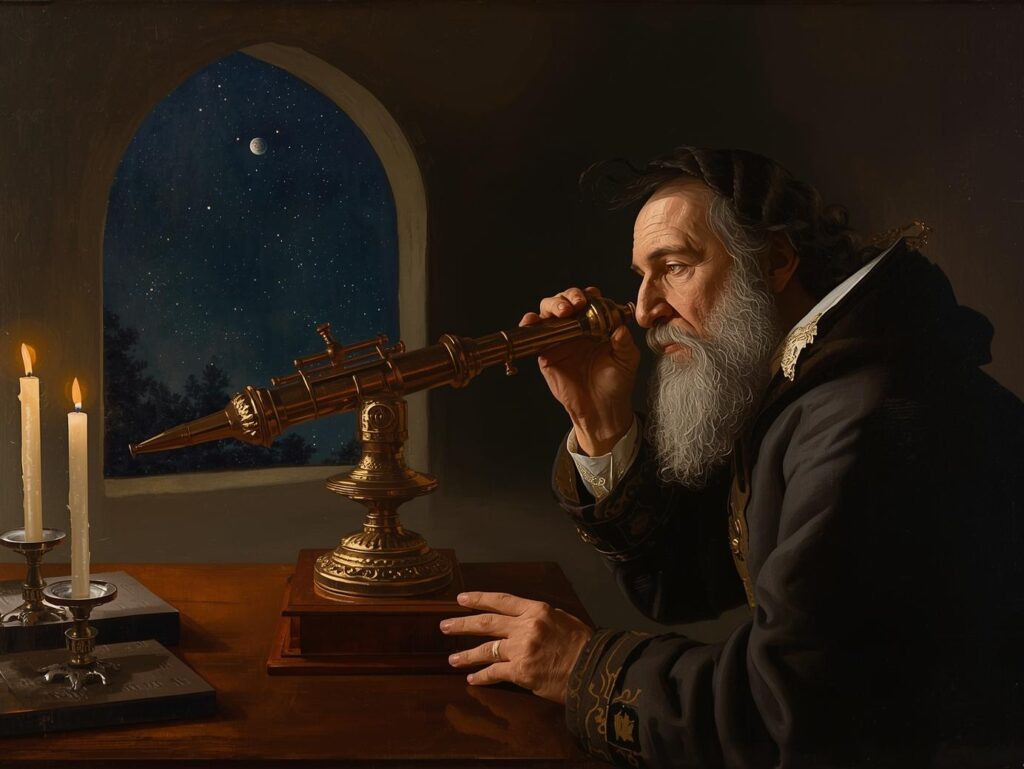
Galileo’s use of the telescope opened the heavens to direct observation, while Newton’s laws of motion and gravity revealed the mathematical order underlying nature. This period marked the birth of modern science—a system based on experimentation, evidence, and logical reasoning.
The Rise of Modern Science and Technology
As scientific knowledge grew, so did its practical applications. The 18th and 19th centuries witnessed rapid industrial and technological progress powered by scientific discovery. Advances in physics, chemistry, and biology led to inventions that transformed everyday life—steam engines, electric power, vaccines, and telecommunication.
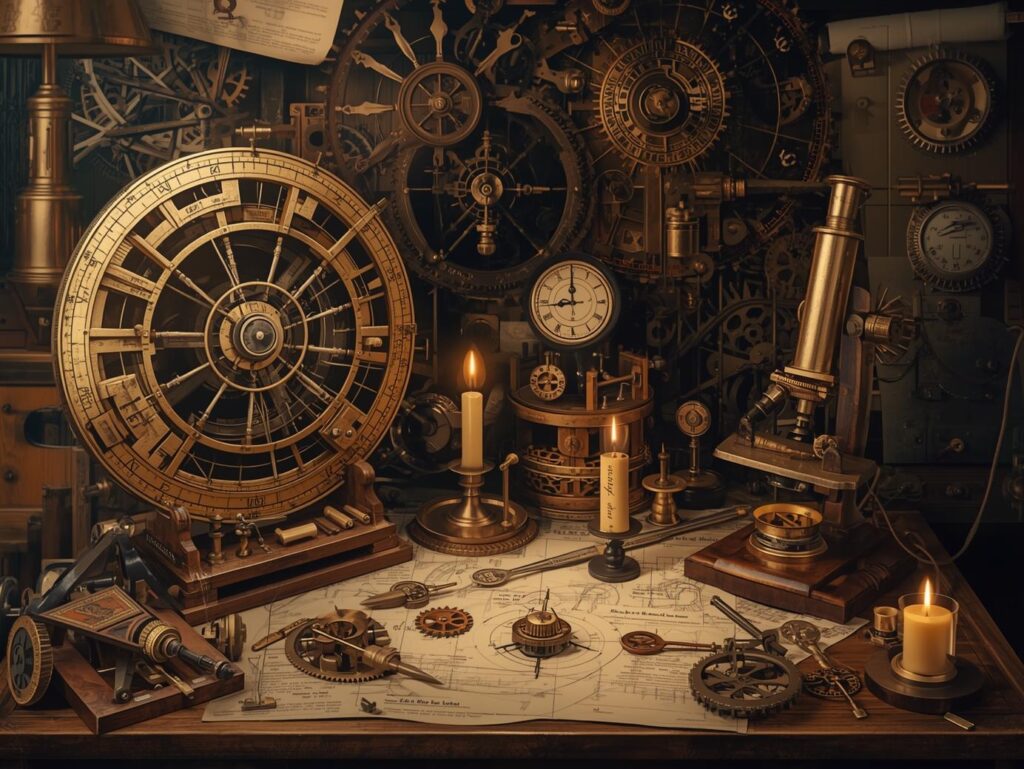
In the 20th and 21st centuries, science and technology became deeply intertwined. Discoveries in quantum mechanics, genetics, and computer science reshaped the modern world. From exploring outer space to decoding the human genome, the spirit of inquiry that began thousands of years ago continues to push boundaries and define the future.
Why Understanding the Beginning of Science Matters
Knowing where science began helps us appreciate how far we’ve come. It reminds us that every modern innovation—from smartphones to space travel—stems from a fundamental human desire to ask questions and seek answers. Science is not just a collection of facts; it is a process of discovery that thrives on skepticism, experimentation, and imagination.
The journey of science shows that progress is built on curiosity and collaboration. Each generation builds upon the knowledge of the past, paving the way for new breakthroughs that shape the course of civilization.
